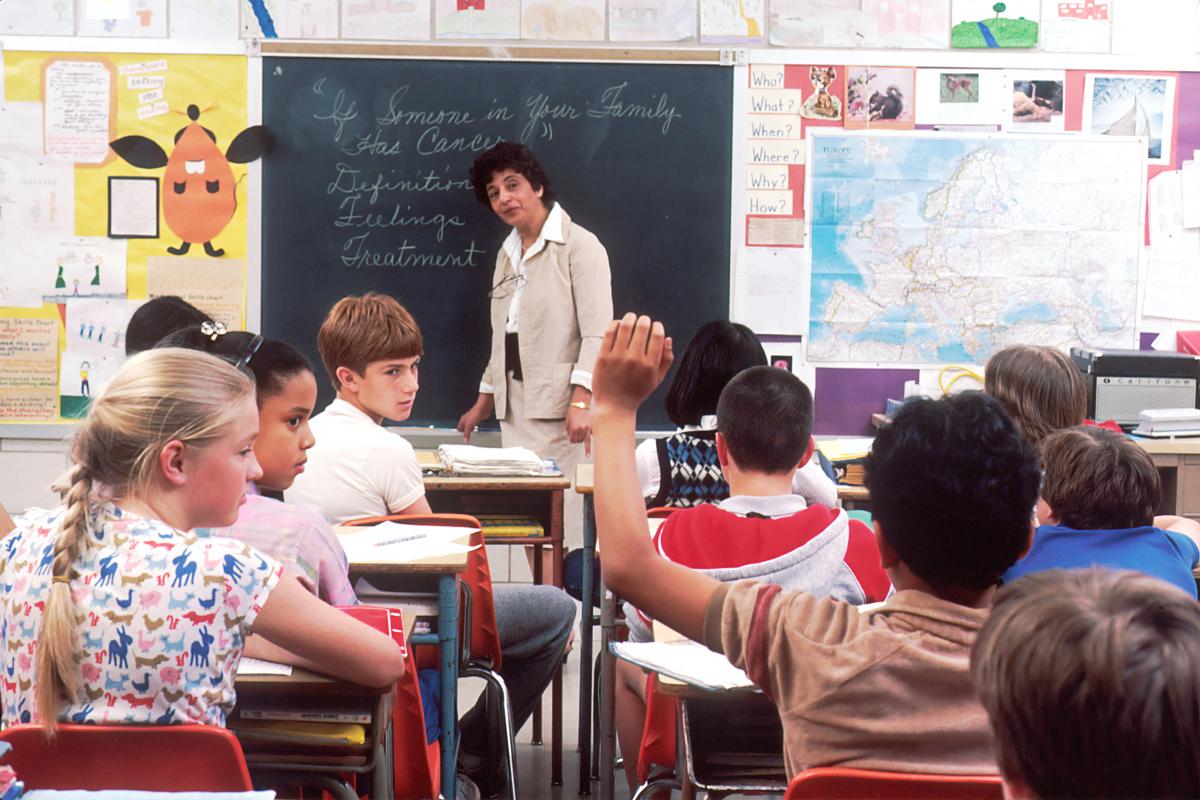
- Blog/
Comments on teachers - Sample
The student-teacher dynamic is a complex relationship, and opening the way for new interactions may produce undesired effects. This is particularly true for Eastern or more conservative countries, where there is more of an emphasis on the “respect your elders” culture. Due to the fact that educators and pupils in these cultures do not normally see themselves as equals, the criticisms received by teachers may be seen as disrespectful, leading to the breakdown of the natural order within a classroom. Nevertheless, these downsides can be minimized by setting clear boundaries on what is considered acceptable, reasonable, and constructive commentary. On the contrary, however, the avoidance of critiques means that any valid concerns or opinions that students are inevitably overlooked.
Remarks about teachers frequently lead to a better quality of education. Since nobody is perfect, there is always room to improve, even for educators. Consequently, assessment from pupils is one of the best ways for lecturers to reflect on themselves, see their shortcomings, and improve upon them. For instance, many students may find a particular lesson difficult to follow or feel that the teaching style clashes with their learning methods; perhaps the teacher made a mistake with some of the content or materials. Without a valid means of voicing and addressing these concerns and opinions, the quality of education would certainly suffer. Therefore, I am inclined to believe that being able to give comments or constructive reviews is more beneficial than it is harmful.
In conclusion, although there are a number of possible drawbacks to allowing student remarks regarding their teacher, disallowing them outright is undoubtedly detrimental to the educational environment.
(Band 7-7.5)
